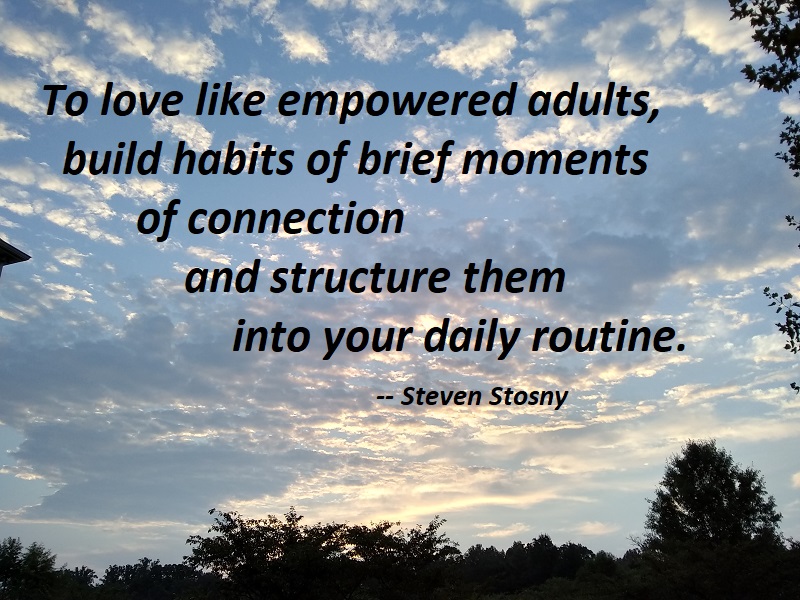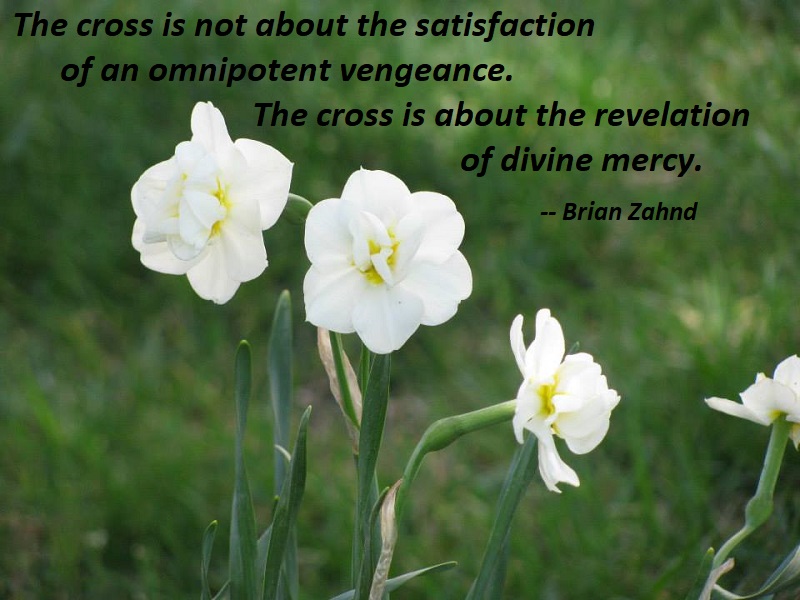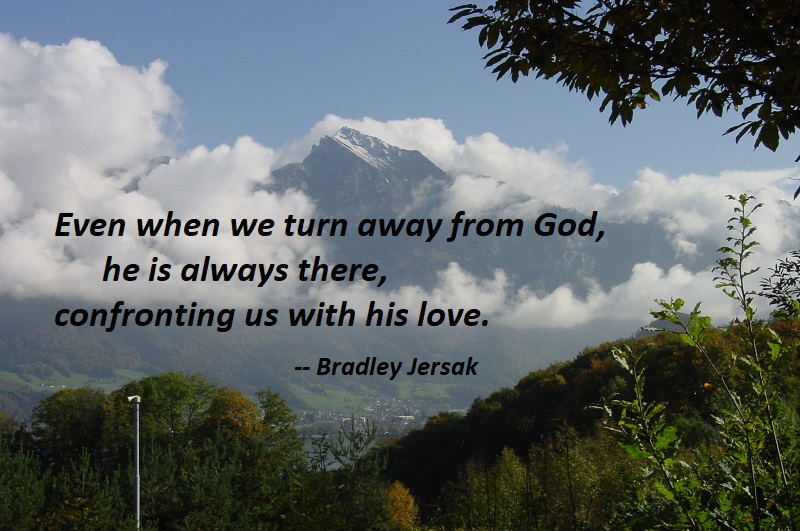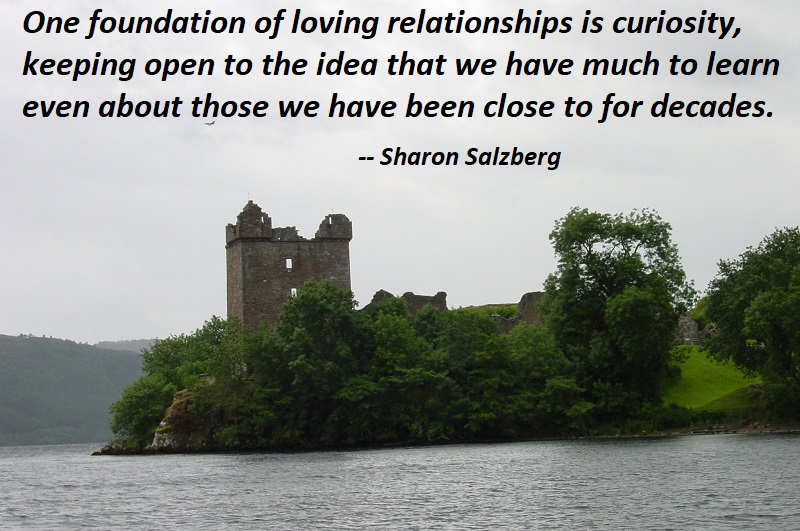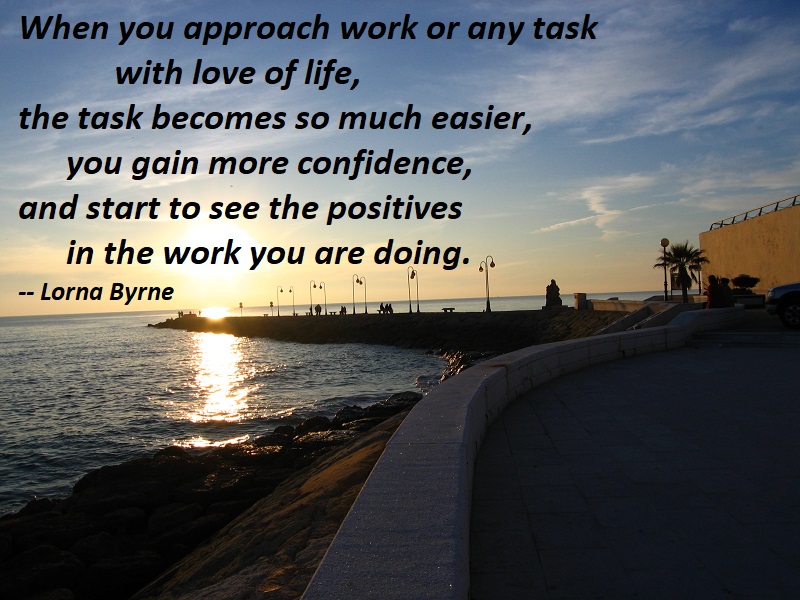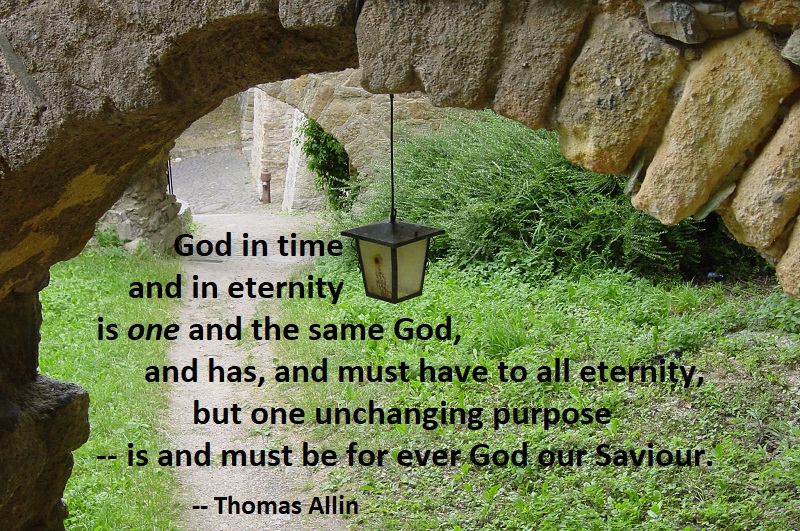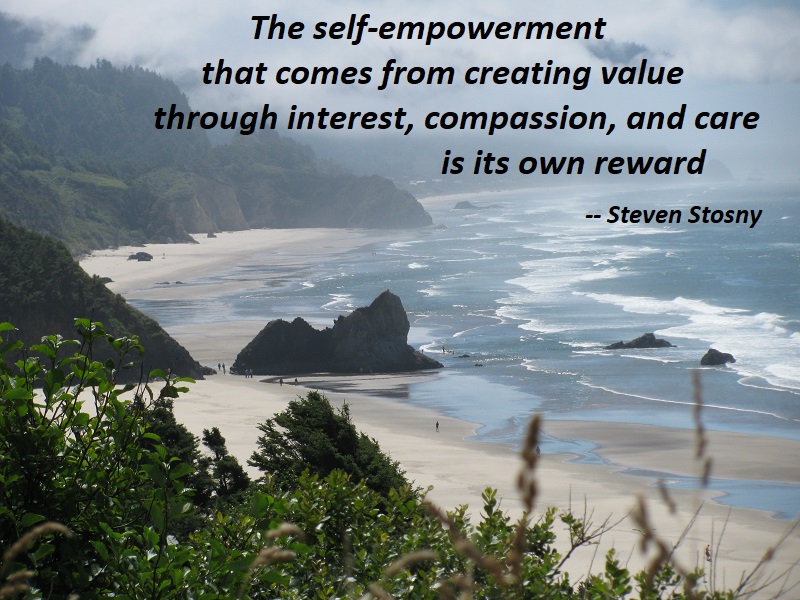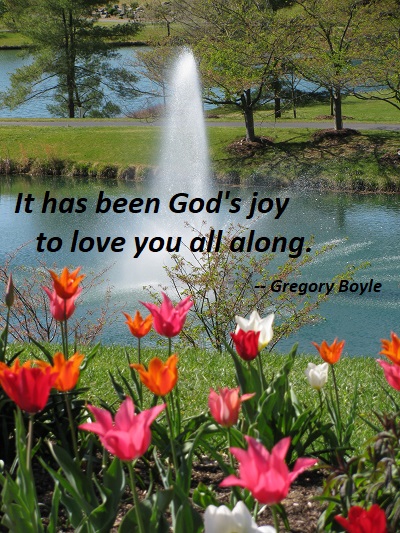Habits of Connection
Build habits of connection. Intimate connection is largely a matter of attitude and habit. We choose to regard ourselves as connected and we choose to feel disconnected. In general, you’ll like yourself more when you choose connection and less when you choose disconnection. To love like empowered adults, build habits of brief moments of connection and structure them into your daily routine.
— Steven Stosny, Empowered Love, p. 212
Photo: South Riding, Virginia, August 12, 2018
